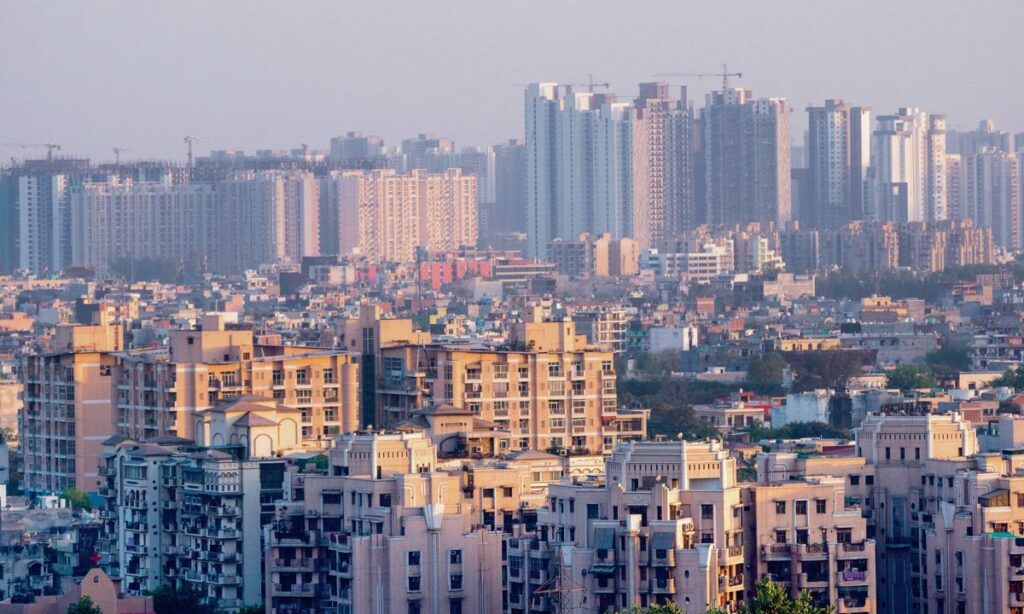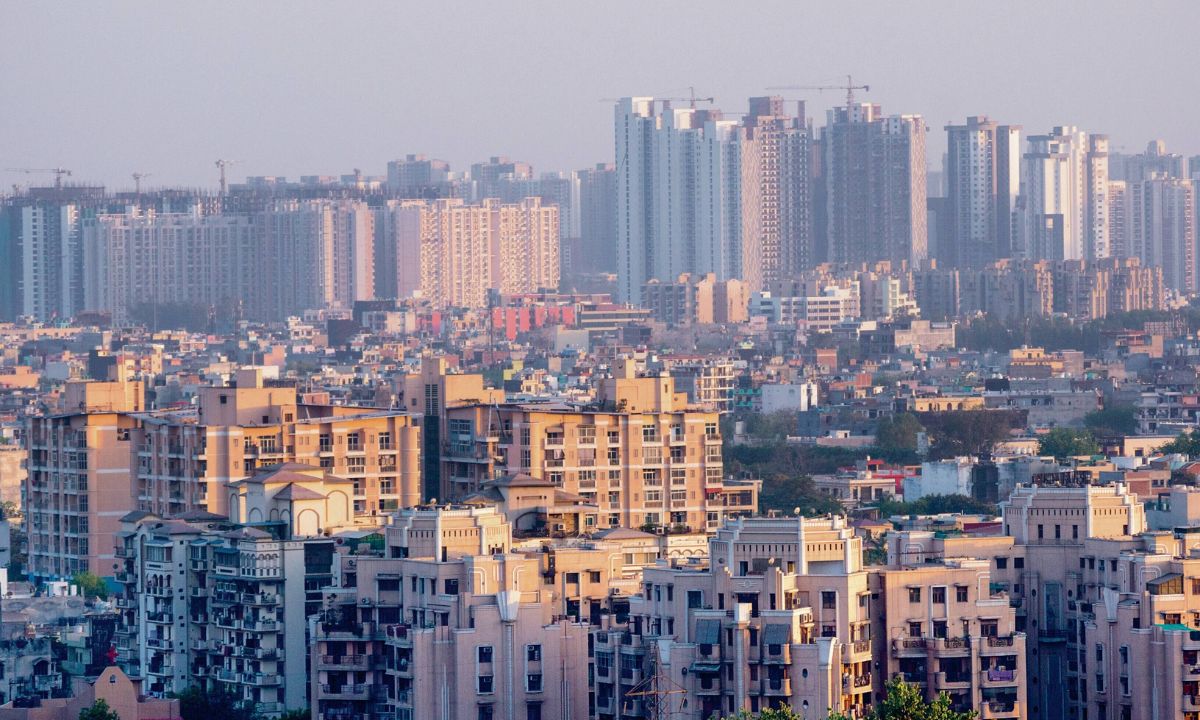Thousands of homebuyers across Noida and Greater Noida have long been caught in a web of stalled real estate projects, waiting years for possession of their dream homes. In a landmark move, the Noida Authority has introduced a co-developer policy, aiming to revive these legacy projects through strategic partnerships with financially sound and credible developers. This innovative policy offers a ray of hope to distressed homebuyers while addressing one of the National Capital Region’s (NCR) biggest real estate challenges.

What is the Co-Developer Policy?
The co-developer policy by the Noida Authority is a market-driven solution that enables external developers to partner with original developers to complete unfinished housing projects. These projects are often delayed due to financial distress, technical challenges, or erosion of the original developer’s credibility.
Key elements of the policy:
- A co-developer must conduct detailed due diligence.
- They must pay 25% of the outstanding land dues upfront to regularize the project.
- Upon payment, the co-developer is recognized by RERA as the new promoter.
- They can resubmit building plans and access bank funding for project completion.
“If the co-developer will pay 25% of total dues, we will allow them to work. Our aim is that the Noida authority gets its land cost dues and the homebuyers get their flats,”
— Lokesh M, CEO, Noida Authority
Key Highlights: Noida Co-Developer Policy
| Feature | Details |
|---|---|
| Announced | December 2023 |
| First Approvals | Sunworld Residency (Sector 168), Ambience Pvt Ltd (Sector 115) |
| Minimum Entry Cost | 25% of total land dues (e.g., ₹150 crore due → ₹37.5 crore upfront) |
| Formal Recognition | Via RERA as promoter post tripartite agreement |
| Legal Frameworks Involved | National Company Law Tribunal (NCLT), RERA, Supreme Court |
| Targeted Beneficiaries | Homebuyers, Noida Authority, distressed developers |
| Recent Example | Apex stepping in for Supertech projects |
Real-World Implementation: Case Studies
The policy is already showing results. The Noida Authority board approved a proposal allowing Apex to co-develop and revive multiple stalled projects by Supertech Limited. Apex has committed funding to complete these long-delayed developments, pending final approval by the Supreme Court in August 2025.
In October 2024, two co-developers were approved to revive projects by Sunworld Residency Pvt Ltd and Ambience Pvt Ltd, further reinforcing the policy’s early momentum.
“This framework ensures that projects once stalled can now be revived and taken through to completion,”
— Deepak Kapoor, Director, Gulshan Group
Gulshan Group has also expressed interest in the Ajnara Ambrosia project in Sector 118, indicating growing developer confidence in the policy’s structure.
Why This Policy Matters to Homebuyers
- Faster Possession: Compared to NCLT or Supreme Court-led resolutions, the co-developer route can dramatically cut down timelines.
- Greater Accountability: Co-developers are registered promoters under RERA, ensuring transparency and enforceable deadlines.
- Market Reboot: Reviving stuck projects adds housing inventory and restores trust in the real estate market.
“The co-developer mechanism presents a balanced proposition for all stakeholders,”
— Santhosh Kumar, Vice Chairman, ANAROCK Group
How It Differs from NBCC-Amrapali Model
Unlike the NBCC-Amrapali model, where a public sector firm (NBCC) was appointed to complete the projects on a non-commercial, custodial basis, the Noida policy is:
- Market-driven: Private, profit-seeking players are invited.
- Flexible and scalable: Encourages multiple partnerships across projects.
- Time-efficient: Avoids the lengthy insolvency resolution process.
“Ultimately, for Noida’s policy to succeed, it must be built on three pillars: developer credibility, regulatory oversight, and buyer-centric accountability,”
— Venket Rao, Founder, IntygratLaw
FAQs on Noida’s Co-Developer Policy
1. What is the Noida co-developer policy?
It allows financially sound developers to step in and revive stalled projects by partnering with the original builder and paying a portion of the dues upfront.
2. Who benefits from this policy?
Homebuyers, the Noida Authority (which recovers dues), and developers (who gain access to land and inventory).
3. What happens once a co-developer pays 25% dues?
The project is regularized, and the co-developer becomes the official promoter, eligible to resume construction and access funding.
4. How is it different from NBCC’s role in Amrapali projects?
NBCC was a public sector entity appointed by the Supreme Court. Noida’s policy brings in private developers on a profit-sharing basis.
5. Are there any projects already approved?
Yes. Supertech (with Apex), Sunworld Residency, and Ambience Pvt Ltd projects have received initial approvals under this policy.
